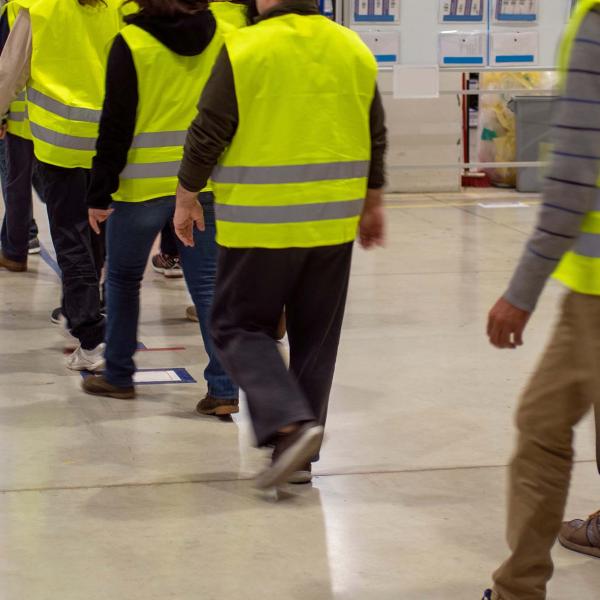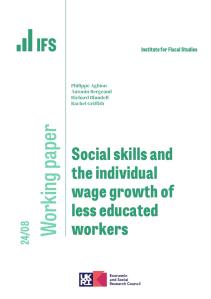In the context of the current policy emphasis on extending working lives, we investigate whether the relationship between participation in paid work, other formal, and informal activities among people aged 50-69 is complementary or competitive. We also investigate differences in associations between countries using comparable longitudinal data from Denmark, France, Italy, and England. We find positive associations between informal and formal engagement in cross-sectional and longitudinal analyses. Paid work was negatively associated with formal and informal engagement, and respondents who stopped working were more likely to be engaged in formal (Denmark and France) and informal activities (England and Italy) at follow-up than respondents who continued working. However, the strongest predictor of formal and informal engagement at follow-up was baseline engagement. In the context of policy aims to extend working lives and broaden older people's participation in other productive activities, new balances between work and other forms of engagement are still to be found.









